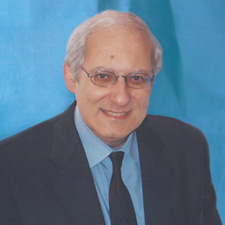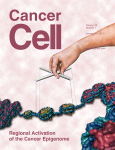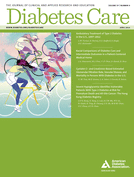
Paolo Macchiarini, the celebrated surgeon whose work has come under scrutiny in Italy and at the Karolinska Institutet in Sweden, committed misconduct in six papers, according to an external reviewer.
Macchiarini is best known for creating tracheas from cadavers and patients’ own stem cells. The findings of the external review, first reported yesterday by SvD Nyheter, were made public last week. They are only available in Swedish thus far, and we have requested a copy from the Karolinska.
External reviewer Bengt Gerdin, of Uppsala University, summarized his findings this way for Retraction WAtch: Continue reading “Super-surgeon” Macchiarini guilty of misconduct, external review finds








